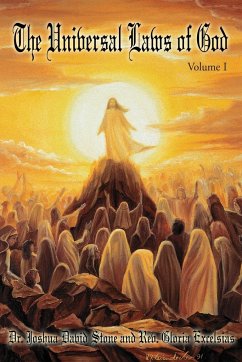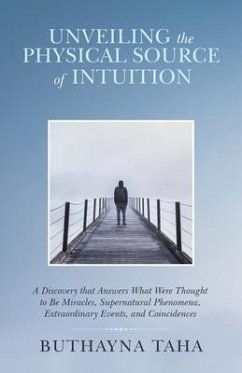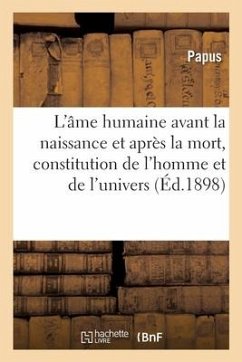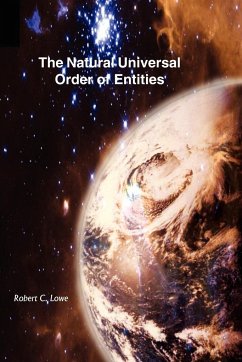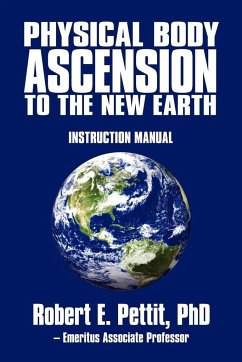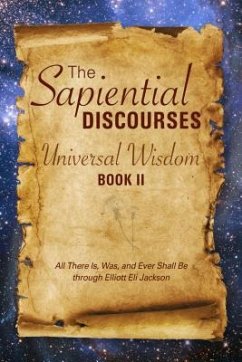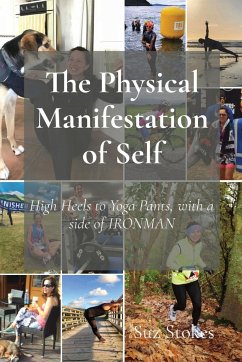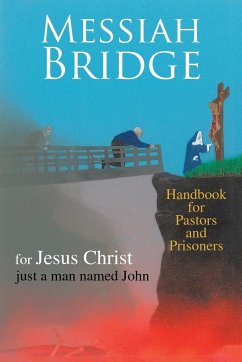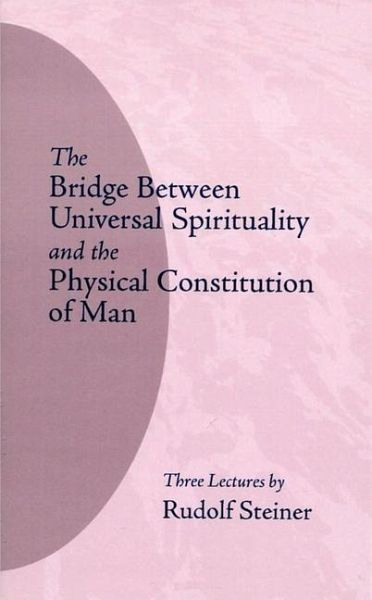
The Bridge Between Universal Spirituality and the Physical Constitution of Man
(Cw 202)
Übersetzer: Osmond, Dorothy S
Versandkostenfrei!
Versandfertig in über 4 Wochen
13,99 €
inkl. MwSt.

PAYBACK Punkte
7 °P sammeln!
3 lectures, Dornach, December 17-19, 1920 (CW 202) Rudolf Steiner addresses the following topics in these lectures: 1. Soul-and-Spirit in Man's Physical Constitution: The physical organism of man is considered today to consist of more or less solid-fluid substances; but as well as his solid, physical body, man has within him as definite organisms, a fluid body, an air-body and a warmth-body. -- The connections of these organisms with the members of man's whole being and with the different Ethers. -- Thought and Tone; Ego and circulating Blood. -- Man in the sleeping state. -- Man's relation to...
3 lectures, Dornach, December 17-19, 1920 (CW 202) Rudolf Steiner addresses the following topics in these lectures: 1. Soul-and-Spirit in Man's Physical Constitution: The physical organism of man is considered today to consist of more or less solid-fluid substances; but as well as his solid, physical body, man has within him as definite organisms, a fluid body, an air-body and a warmth-body. -- The connections of these organisms with the members of man's whole being and with the different Ethers. -- Thought and Tone; Ego and circulating Blood. -- Man in the sleeping state. -- Man's relation to the universal Spirituality. -- Imagination, Inspiration, Intuition. -- The circumscribed view of the human organism prevailing today is unable to build any bridge between the physical body and the soul-and-spirit. 2. The Moral as the Source of World-Creative Power: Recapitulation of previous lecture. -- Connection of the moral world-order with the physical world-order. -- The moral world-order has no place in the natural scientific thinking of today. -- The positive effect of moral ideals and ideas and the negative effect of theoretical ideas on the four organisms in man. -- The materialistic conception of the imperishability of matter and energy. -- Matter and energy die away to nullity; but man's moral thinking imbues life into substance and will. -- The natural world dies away in man; in the realm of the moral a new natural world comes into being; thus are the moral order and the natural order connected. -- Absence of spirituality in the modern picture of the world which is based on the Copernican system. -- Kepler and Newton. -- We need a spiritual view of the universe. -- The sun is not a globe of burning gas but the reflection of a spiritual reality revealed in the physical. -- The moral power developed by man rays out and is reflected as the spiritual Sun. -- Julian the Apostate. -- The connection of the spiritual Sun with the physical sun is the Christ-Secret. 3. The Path to Freedom and Love and Their Significance in World-Events: Man as a being of Thinking, Action and Feeling. -- The connection of the life of thought with the will. -- Pure thinking: irradiation of the life of thought by will. -- This leads to Freedom. -- Irradiation of the life of will by thoughts leads to Love. -- The meaning of the ancient expressions: Semblance, Power, Wisdom. -- To speak of the imperishability of matter and energy annuls Love. -- The significance of Freedom and Love in world-happenings.




